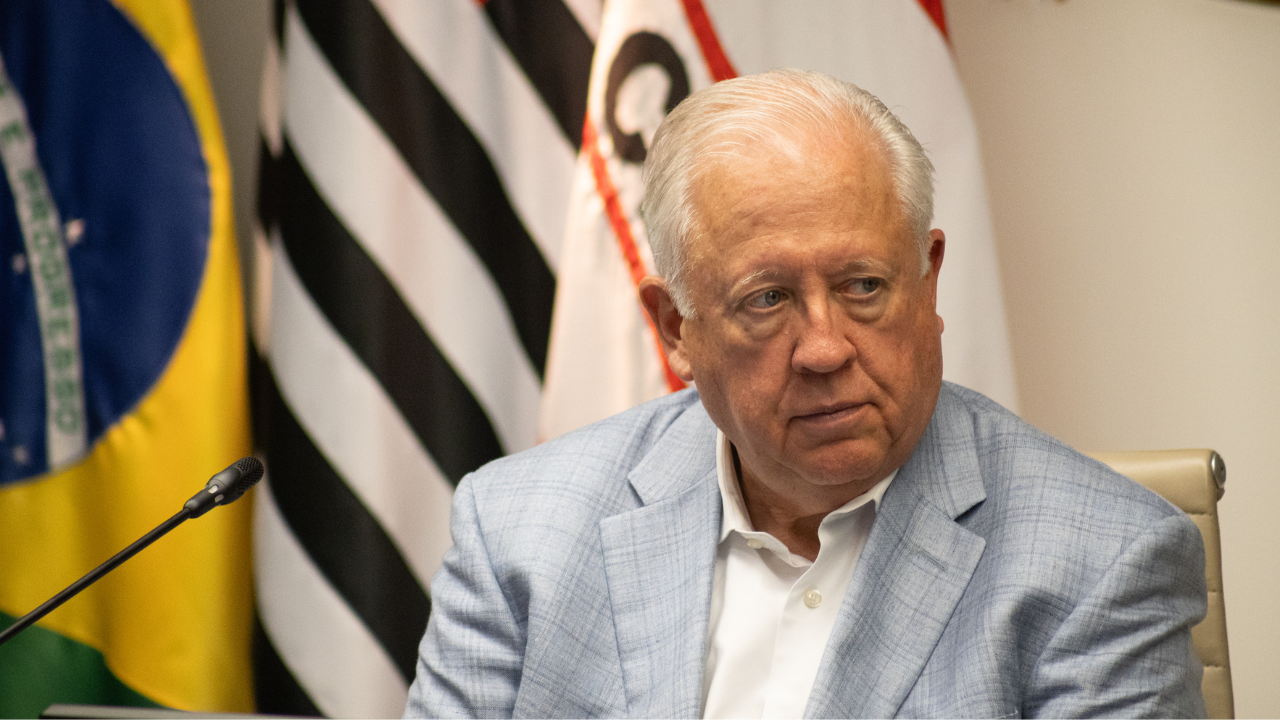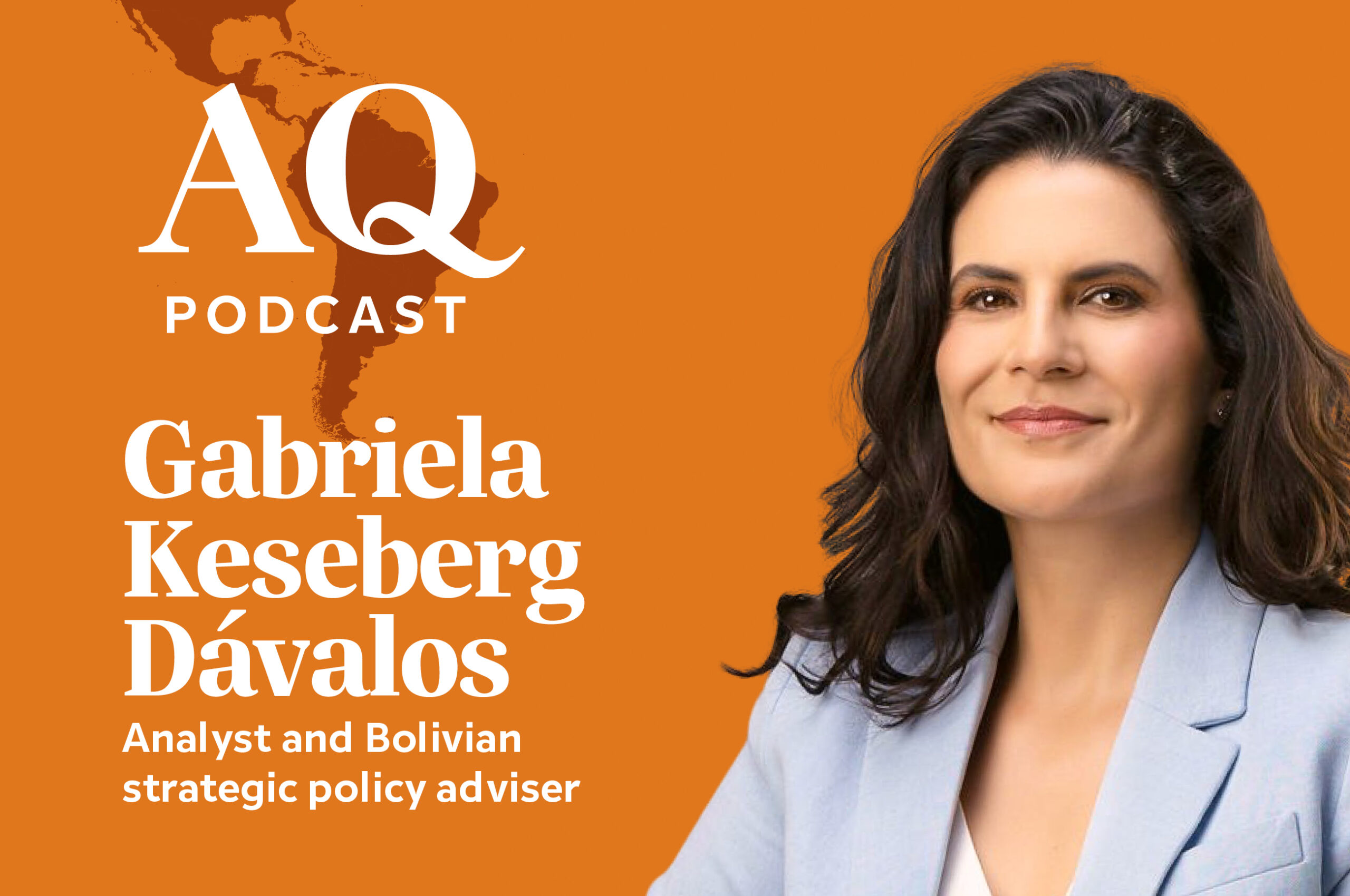São Paulo 2025: Ambassador Tom Shannon and Brian Winter
São Paulo 2025: Ambassador Tom Shannon and Brian Winter
In conversation with AS/COA's executive vice president, the former diplomat discussed current tensions in U.S.–Brazil relations and potential pathways out.
Speakers
- Brian Winter, Executive Vice President, AS/COA
- Hon. Tom A. Shannon Jr, Former U.S. Ambassador to Brazil and and Senior Policy Advisor, Arnold & Porter
The 2025 Latin American Cities Conferences: Sao Paulo took place against a backdrop of tense diplomatic and trade relations between the governments of Brazil and the United States. “It’s one of the most challenging times that we’ve seen in 20 years, and perhaps that we’ve seen in 201 years,” said Brian Winter, AS/COA’s executive vice president, kicking off a conversation with former U.S. Ambassador to Brazil Thomas Shannon. In this fireside chat, the ambassador discussed the recent history of bilateral relations and how “the unbreakable bonds between the civil societies, and especially the private sectors of our two countries” can repair the relationship.
Ambassador Shannon noted that the affinity between U.S. President Donald Trump and former Brazilian President Jair Bolsonaro, currently under house arrest while awaiting trial for attempting to stage an electoral coup, presents a political roadblock for the current administration of President Lula da Silva. On the trade front, he pointed to the United States’ imposition of a 50 percent tariff on Brazilian goods as a further complication. “These tariffs are causing significant harm in the United States and significant harm to economic relationships that are going to be fundamental to our ability to conduct business, not only in Brazil, but throughout South America and beyond,” he stated.
Despite these challenges, the retired diplomat affirmed that President Trump has shown himself to be open to negotiation, particularly on trade-related issues. As an example, he highlighted the role of both countries’ business communities in securing key exceptions to the U.S. tariffs.
Looking ahead to the future, Ambassador Shannon said that current developments in each country’s technological sector, including in artificial intelligence, offer new opportunities for mutual investment. "To break this partnership at this point in time would have significant consequences for us both, and put both of our countries on pathways to economic and social development that would not nearly be as helpful and beneficial as they could be. So I believe that the private sectors play an important role not just in protecting the interest of the moment, but in articulating the interests of the future and what it is we can accomplish together."








